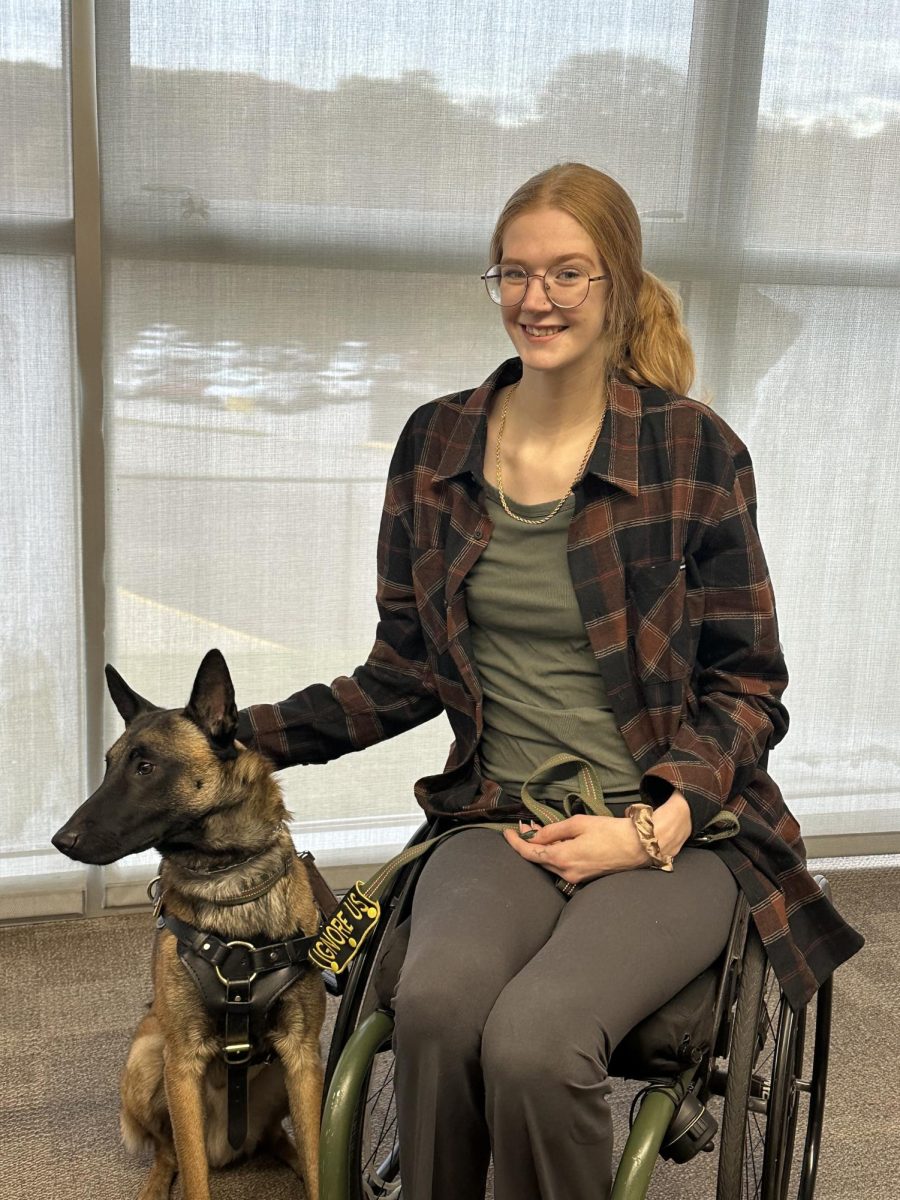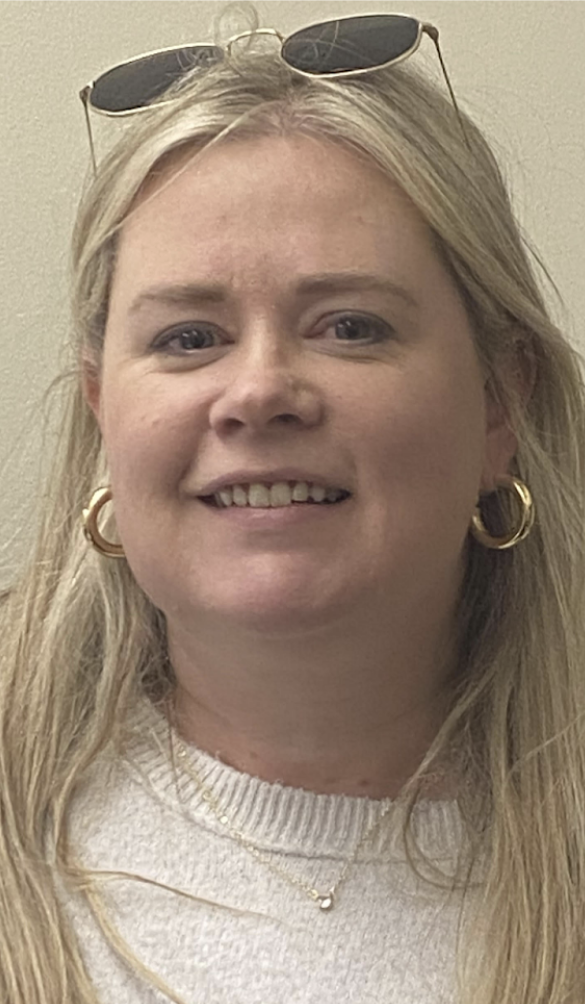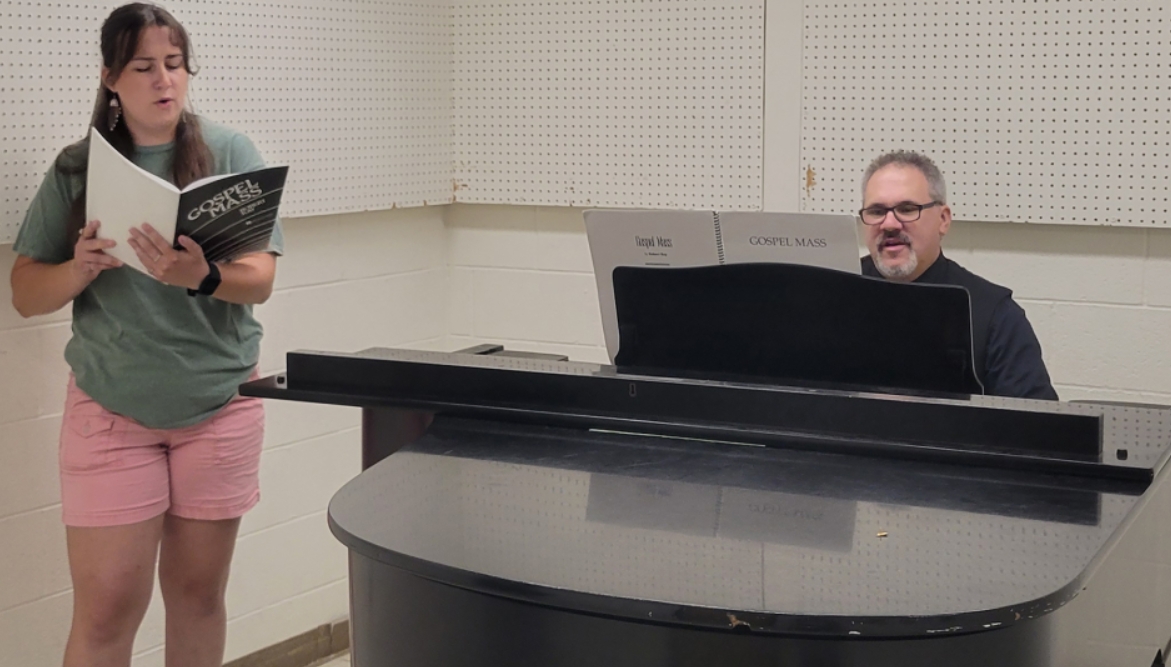WEST LIBERTY – Over four years ago, the COVID-19 virus officially became a cause of concern for people around the world. According to the CDC, the virus was announced as a pandemic by the World Health Organization. During this time, there were 118,000 cases around the world and 4,291 deaths reported by the CDC.
Many people like Christy Bennington were on the front lines of this infamous event.
Bennington is the Director of Student Health Services at West Liberty University. At the time, she was the only nurse available at the school, and she took on multiple jobs, such as taking care of the students and assisting the contact tracing team.

There was a lot of uncertainty when it came to keeping both students and staff safe, which had people like Bennington working constantly. “We were seeing illnesses in the fall of 2019 and the end of semester,” she said. However, they were unable to label this illness as COVID due to it being unknown at the time.
Local schools shut down to sanitize due to frequent outbreaks, and task forces were formed to address the issue. “When we had our first case, it was a big deal,” said Bennington.
Joe DiNonno, a therapist in Seneca Health Services from Summersville, WV, has seen a big increase in isolation and mental illness in the aftermath of the COVID-19 pandemic, specifically with Generation Z and Millennials.
He explained that both Millennials and Generation Z were thrusted into adulthood. However, they were isolated due to the pandemic, which stunted their communication skills. “Currently, they don’t have the proper social skills and are cooped up into their rooms with their technology,” said DiNonno.
“I stress to parents to have their children go on a tech diet,” said DiNonno. This does not mean to ditch technology completely, just to create a healthy balance between socializing and technology usage. “Many states are considering banning teenagers for the use of social media,” DiNonno said.
West Liberty University Student Carson Howard graduated high school in 2020. Howard claims that the pandemic hindered her learning at her previous school, Marshall University, by hosting all classes online. “I didn’t learn anything in that first year,” said Howard.
Howard was outgoing in high school, but because of the isolation and lack of communication, her social skills diminished. “I was so nervous my first year, and didn’t wanna do anything,” said Howard. She ended up transferring to West Liberty University because her friends were at the school, which helped her regain these communication skills.
Since the height of the pandemic, the CDC changed the guidelines for COVID restrictions. For people who have not had a fever for less than 24 hours without medication, they may return to work or school. The five-day isolation period has officially been lifted. However, if symptoms are still present and the patient still has a fever, they are advised to stay home.
For more information visit: www.cdc.gov/ncird/whats-new/updated-respiratory-virus-guidance.html







